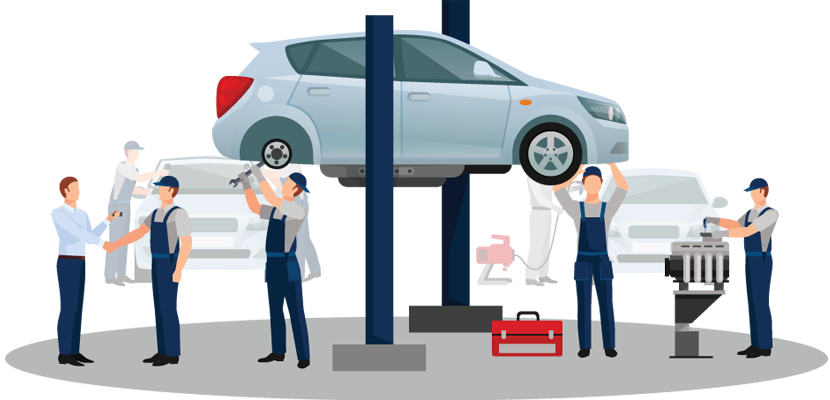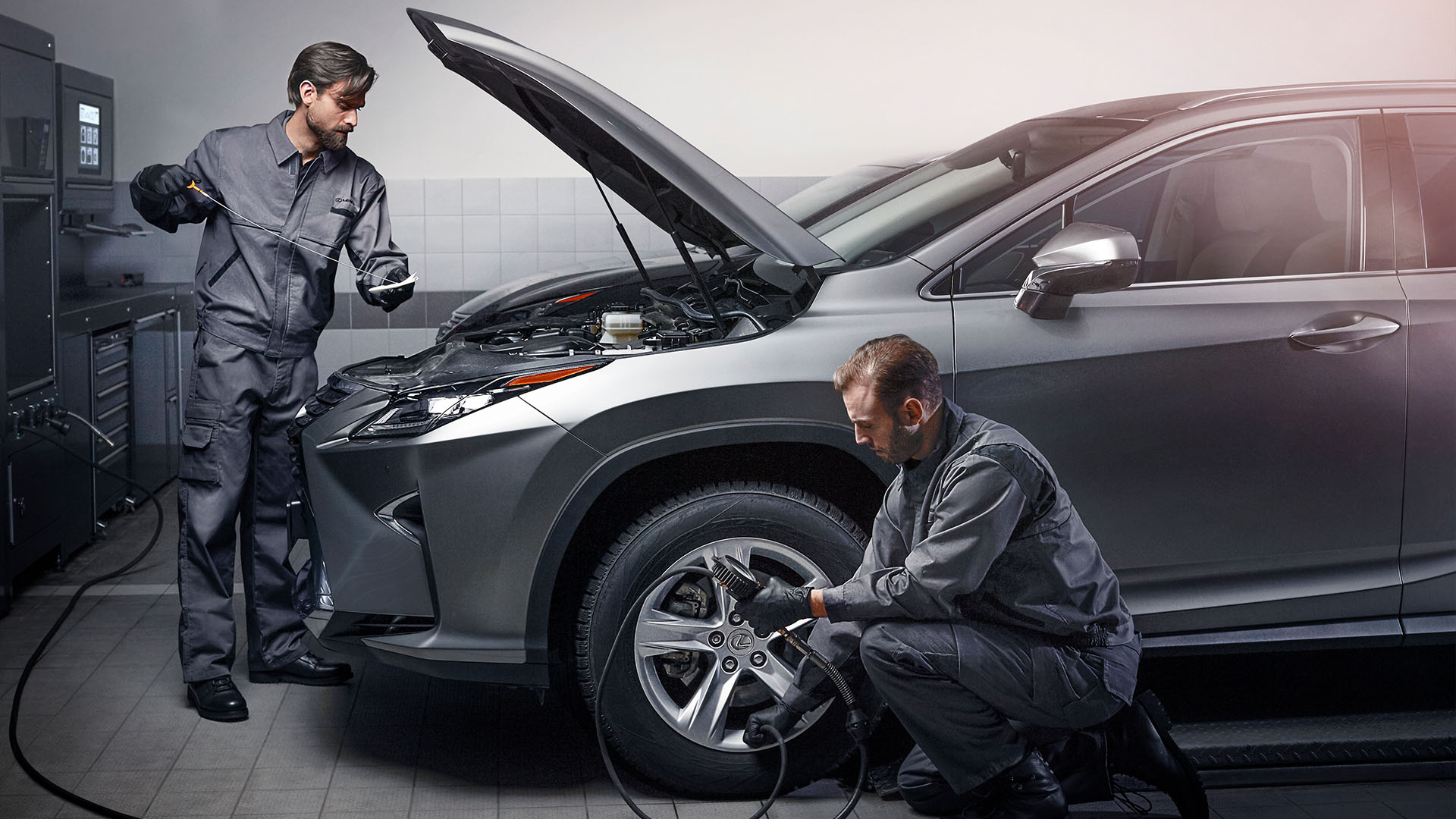Uncover one of the most Typical Vehicle Repair Service Issues Drivers Face Today
From the subtle decrease in engine efficiency to the scary squeal of brakes, these troubles typically arise from widespread yet crucial parts. The complexity of modern-day cars better complicates issues, with electronic systems and transmission systems often offering their own set of obstacles.
Engine Performance Issues

One more widespread reason is a defective fuel injector that interferes with the exact distribution of fuel right into the engine's burning chamber. This imbalance can trigger the engine to misfire, wait during acceleration, or perhaps delay (Car Service). Clogged air filters likewise add significantly to bad engine efficiency by limiting the airflow required for ideal burning, hence diminishing power output and minimizing gas performance
Moreover, a defective oxygen sensor can misinterpret the air-fuel combination, motivating the engine control system (ECU) to readjust it poorly, further impacting performance. Routine maintenance, including timely substitute of these elements and adherence to solution routines, is necessary in preventing and addressing engine performance issues. Professional diagnostics can accurately identify the source, ensuring reliable and specific fixings.
Brake System Malfunctions

The brake liquid plays a critical role in maintaining optimum brake performance by transferring pressure from the pedal to the brake components. Infected or low brake fluid can compromise this feature, leading to a spongy brake pedal feel. Routine maintenance and inspection of the brake liquid level and top quality are vital to stop such problems.

Transmission Troubles
A vehicle's transmission system is important to its total efficiency, as it ensures the effective transfer of power from the engine to the wheels. A defective transmission can bring about significant driving issues, including unpredictable moving, sliding equipments, and also full vehicle immobilization. Transmission troubles are typically a resource of stress for drivers due to their complexity and the potential costs related to their repair work.
Typical transmission problems include fluid leaks, which can result from worn seals or gaskets, leading to a decrease in hydraulic pressure essential for proper gear procedure. Reduced or infected transmission liquid can create address getting too hot and friction, harmful internal components. Additionally, digital control system breakdowns might lead to inaccurate gear engagement or failing to change entirely.
Overlooking these signs can aggravate the problem, leading to more considerable damage and pricey repair work. Specialist diagnostic analyses and timely treatment are essential to make sure the longevity and dependability of a vehicle's transmission system.
Electrical System Failures
While transmission concerns frequently dominate discussions around automobile efficiency, the electric system is just as essential to a car's functionality. Modern cars depend greatly on their electric systems, which manage whatever from the ignition procedure to sophisticated infomercial and security functions.
An usual electrical issue is a drained pipes battery, usually brought on by leaving lights on or a falling short generator not billing the battery appropriately. The alternator, accountable for supplying power while the engine runs, can also fail, leading to a power deficit. Additionally, blown integrates are regular, usually showing a brief circuit or an overload in the system. Starter motor issues can prevent the engine from passing on, typically needing substitute or repair.
Identifying electrical failings requires a systematic strategy, utilizing specialized tools like multimeters to map faults. Normal upkeep, including examining battery health and wellness and ensuring limited electrical links, can his response stop many concerns. Staying vigilant to alerting signs can minimize prospective failings, guaranteeing reputable vehicle efficiency.
Suspension and Steering Problems
Suspension and guiding systems are vital components that make sure a vehicle's security and handling. These systems operate in tandem to offer a smooth adventure, maintain tire call with the roadway, and help with specific control of the car. With time, they are susceptible to use and tear, resulting in usual issues that can jeopardize safety and security and performance.
One common trouble in the suspension system is worn-out shock absorbers or struts, which can trigger too much bouncing, uneven tire wear, and reduced stopping efficiency. Furthermore, bushings and round joints might weaken, causing clunking noises and poor positioning. Resolving these problems quickly is important to stop more damage and make certain ideal driving problems.
On the guiding side, concerns commonly develop from used steering shelfs, tie poles, or power steering pumps. Signs such as difficulty guiding, vibrations, or a loose guiding wheel can show underlying issues. Routine maintenance checks can help identify these problems early, preventing pricey repairs and ensuring motorist safety.
Verdict
Finally, the prevalence of engine efficiency troubles, brake system malfunctions, transmission troubles, electrical system failures, and suspension or steering problems underscores the critical need for routine car maintenance and diagnostics. These usual vehicle repair work challenges not only affect automobile efficiency yet likewise present substantial security threats. Resolving these issues quickly via routine examinations and timely repair services can protect against costly damages and make certain the durability and integrity of lorries, inevitably boosting road safety and security for all motorists.
These concerns can occur from various components within the engine system, including the ignition, gas shipment, and air intake systems.Brake system malfunctions are a crucial issue for vehicle safety and security, commonly showing up via signs and symptoms such as squealing noises, minimized stopping responsiveness, or a mushy brake pedal. These her response concerns can stem from numerous parts within the brake system, including the brake pads, rotors, calipers, or hydraulic lines.The brake fluid plays a critical duty in keeping optimum brake efficiency by transferring force from the pedal to the brake elements. Car Service.In final thought, the prevalence of engine efficiency issues, brake system breakdowns, transmission troubles, electrical system failings, and suspension or steering problems emphasizes the critical need for routine automobile upkeep and diagnostics
Comments on “The Relevance of Regular Car Service for Security and Effectiveness”